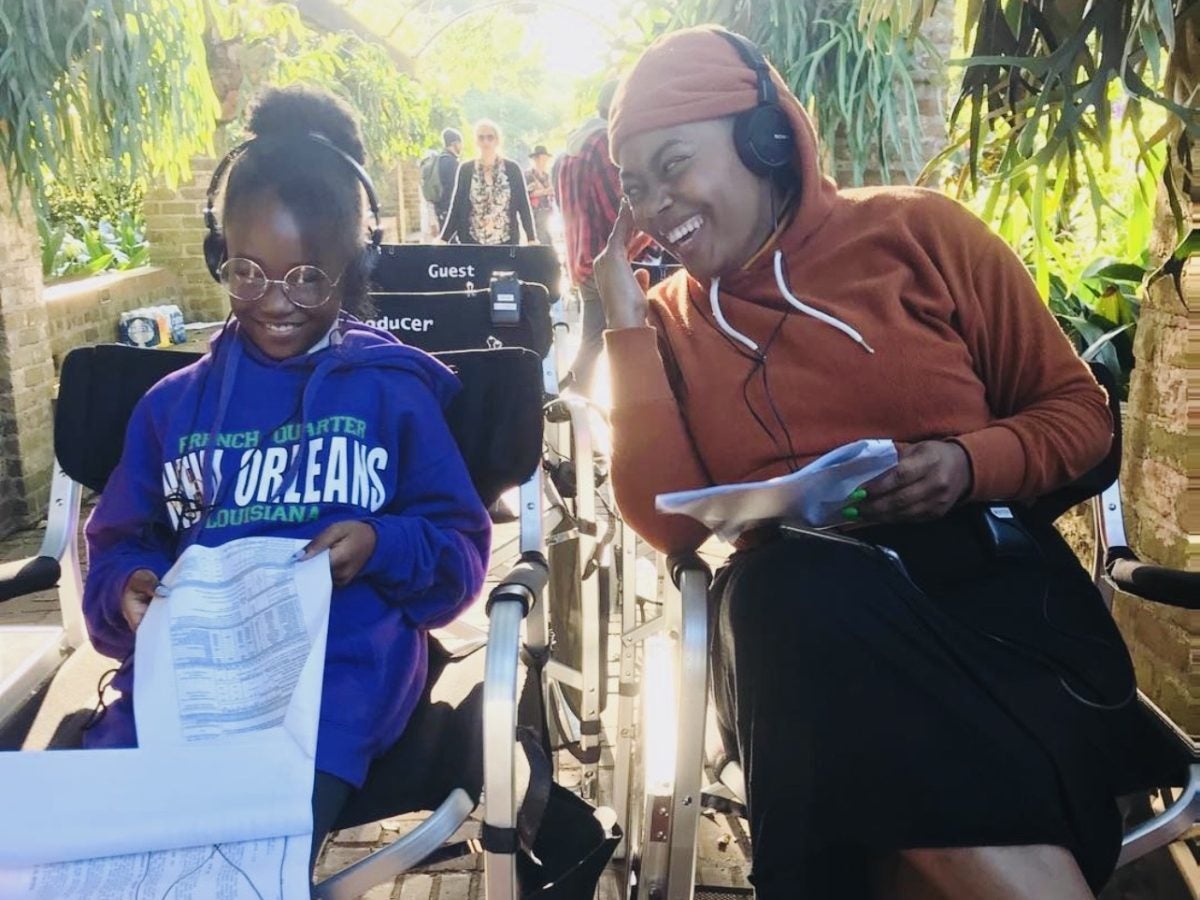
I burst into tears in front of my daughter. She looked at me— a bit stunned and very concerned. I never want my kid to see me stressed about money; I want to shield her from those pressures. But I had to admit the strike was taking a toll on me.
In that moment I was completely at the end of my rope. I wiped my tears, and as I wiped more tears came. I gave into it a bit saying to her and myself, “I’m sorry, I’m sorry” despite all of my work to not apologize for my emotions.
I also felt ashamed to be so out of control in the moment, and I felt ashamed that I felt ashamed. I was a mess.
We were sitting in the parking lot of Bank of America where they refused to accept the check I had just received from the WGA strike fund that’s designed to help out writers like me in a time of need. It was a silly technical bank policy thing that didn’t even apply to me — the teller frankly was just suspicious. I went to another branch and it was no issue. They accepted it and we were fine. We are fine. But the notion that I may not be able to access the dollars I needed immediately was just too much.
Finally, the tears stopped. I took some deep breaths and reassured my daughter that all would be OK and that I was just very frustrated with all life was throwing at me at the moment. She understood and we were off to summer school.
My daughter has been on set with me since she was 5 weeks old. She’s seen me act, she’s seen me direct web series, TV shows, indie features and a big budget studio film.
My daughter has laid beside me watching YouTube while I wrote furiously to make a deadline when it was just the two of us in a studio apartment. She knows what this looks like, and I’ll always remember that she’s watching me and learning how I manage it all.
This strike on the writers and actors’ side is really about rectifying more than a decade of abuses from the studios.
This is serious, but we will win and my tears will turn to triumph.
As a writer, we are treated like scum. Bottom of the bucket.
In television development there’s a thing called an IF/COME deal where you are expected to write a detailed outline for the first episode and up to the first three seasons of a series, plus put together a compelling visual deck and address many rounds of notes for no pay. If the series sells then the money might come. You negotiate your pay with the studio and hope for the best. If the series doesn’t sell you have just spent over a year making no money while the executives enjoy their salaries either way.
Sounds wild and unacceptable huh? Well it is. They don’t care. That’s why we are on strike. The strike makes them care.
Directors are by far more respected, but as a Black woman director let me tell you, there are many times you gotta fight for every moment of that respect. I worked on a series where the environment was so racially hostile that I questioned if I wanted to be in this industry at all. It’s a constant stress factor to know you aren’t really wanted by some people in these spaces and they can make your life a living hell for the time that you’re there. Yet I refuse to be driven out. I’m here to stay.
Now as an actor, I’m most concerned with the regulation of AI and payment for the use of our image. As a Black Woman again I feel this holds more weight. How often have Black women’s bodies been used without consent or compensation? Henrietta Lacks’ family is finally receiving compensation for the horrendous abuse she endured even throughout her death.
This is serious, but we will win and my tears will turn to triumph.
Numa Perrier is an award-winning director, writer, and actor based in Los Angeles.





